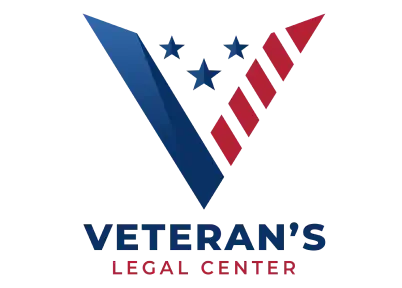
Recent laws have made changes to various benefits programs operated by the Department of Veterans Affairs. In particular, the Veterans Benefits Improvement Act, passed at the end of 2024, enacted various proposed changes for VA disability and other agency benefits programs for 2025.
Background and Legislative Context
The Veterans Benefits Improvement Act, which became law on December 23, 2024, as Public Law No. 118-196, amended Title 38 of the U.S. Code to improve benefits administered by the VA. The bill that became the Veterans Benefits Improvement Act was first introduced in the Senate and referred to the Committee on Veterans’ Affairs in July 2023. The committee eventually sent the bill to the full Senate in December 2024, where the Senate quickly passed the bill and sent it to the House of Representatives, which passed the bill after brief debate by a voice vote. President Biden then signed the bill on December 23, 2024.
The law arose from legislators’ concerns regarding inefficiencies in the VA disability benefits system, including issues with C&P examinations, backlogs in resolving administrative appeals of claims denials, and limited legal staffing. The Act seeks to improve veterans’ access to disability compensation and other benefits from the VA.
Key Provisions of the Act
The Act addressed various aspects of the VA’s medical disability exams (C&P exams) during benefits claims and other administrative matters regarding benefits claims processes and personnel. First, the law updates procedures for publishing VA disability benefit questionnaire (DBQ) forms that healthcare providers may complete during the disability benefits application process. Under the Act, the VA does not have to publish a form if it determines that healthcare providers not employed or contracted by the VA could not complete the form to a clinically acceptable standard.
The law also requires the VA to report on its efforts to provide veterans with reimbursement for travel to and from medical disability examinations required during the disability benefits application process.
The Act further requires the VA to include specific provisions in its contracts with non-VA healthcare providers who conduct medical disability examinations, including requiring providers to transmit copies of any communications to applicants regarding the scheduling of exams to any person or organization designated by the applicant as their representative in the disability benefits application process, such as a Veterans Service Organization (VSO), VA-accredited claims representative, or VA-accredited attorney.
The law requires the VA to partner with VSOs and other organizations to conduct an outreach program for veterans about contact information for non-VA providers offering medical disability examinations and requirements for veterans to provide personally identifiable information when contacted by such providers to verify their identities.
The Act also imposes other changes in the VA’s administrative process, including:

- Reporting on the department’s improvement of its support of governmental veterans service officers
- Reporting on the department’s improvement of veterans’ access to telehearings for BVA appeals
- Establishing a Board of Veterans’ Appeals internship program for first- and second-year law school students
- Creating a program to provide student loan repayment benefits or reimbursement for bar prep courses, bar exams, and bar membership dues for attorneys who agree to work for the VA for at least three years
- Provides a temporary one-judge increase in the maximum number of judges in the U.S. Court of Appeals for Veterans Claims
Contact a VA Disability Lawyer
Numerous recent changes in federal laws and VA regulations have affected the rights and benefits of disabled veterans. Contact Veteran’s Legal Center today for a free, no-obligation consultation with a VA disability benefits attorney to learn more about how the changes to the VA’s disability benefits and veterans’ programs affect you.

